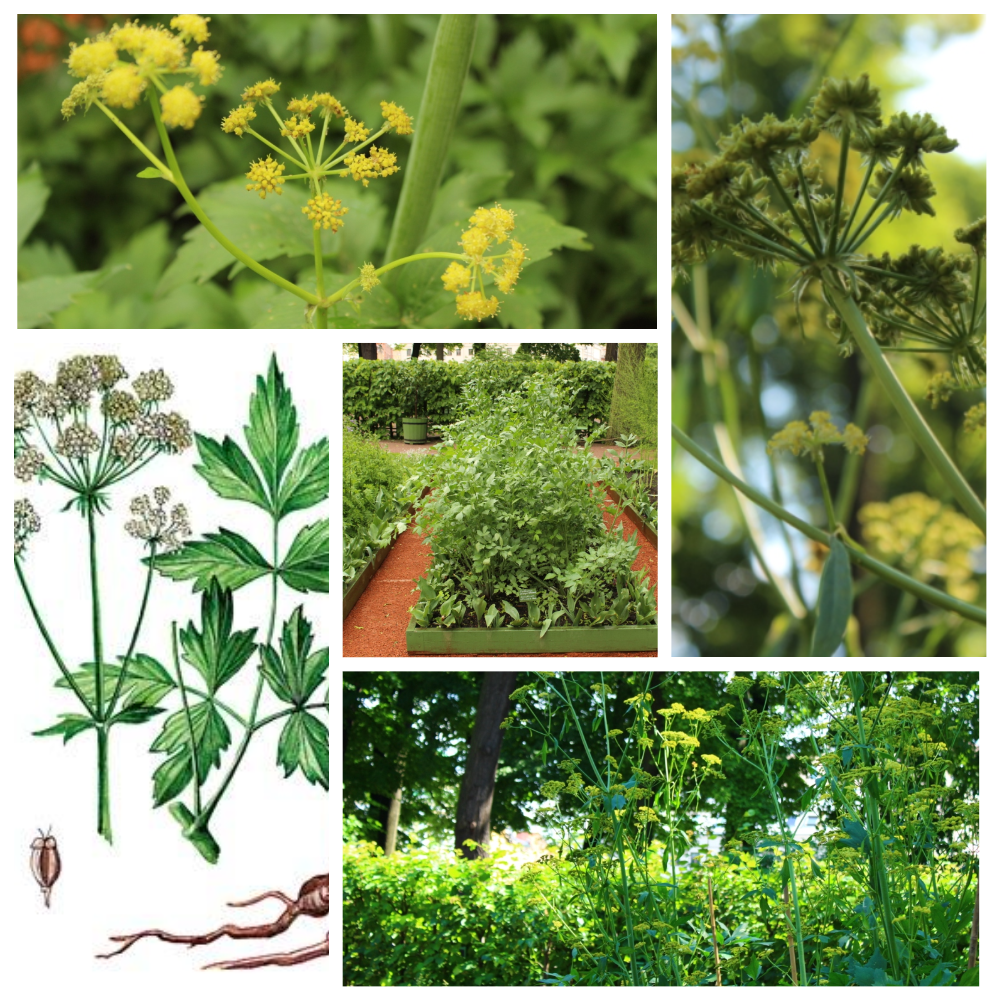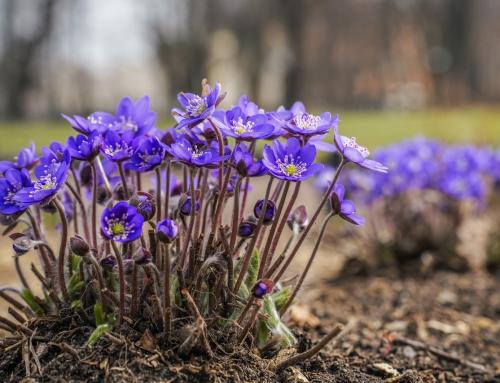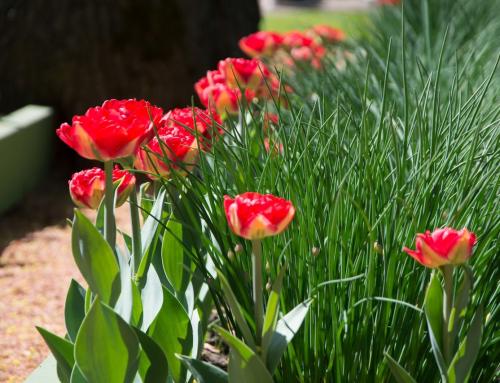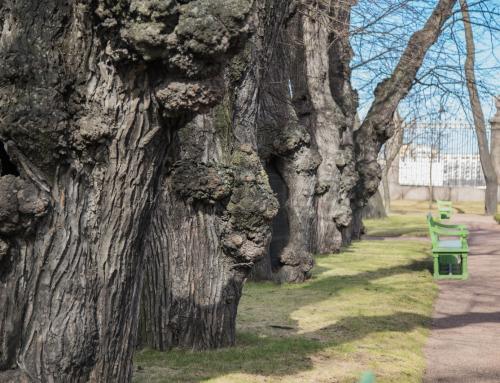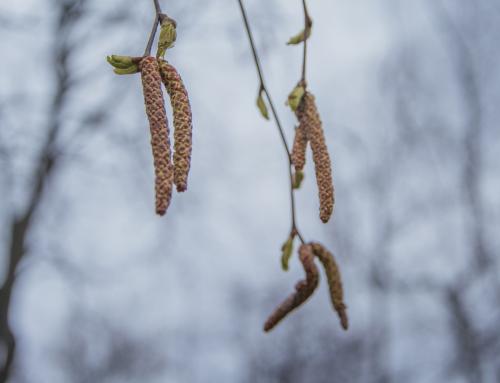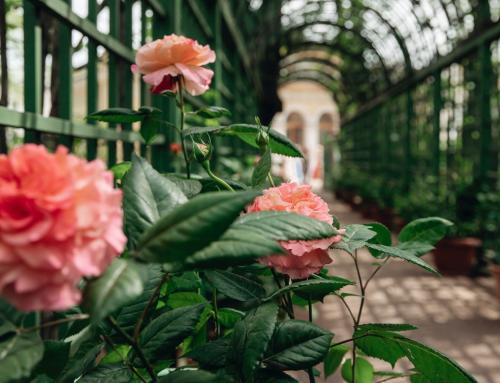Do you love Lovecke?
Decorative garden of Peter the Great in the Summer Garden, he’s a bosquet Red Garden, continues to please visitors, despite the capricious weather this summer.
On one of the beds of the Red Garden, appreciably towering over the rest of the plants, Lyubovok entered the peak of his flowering.
Loveist officinalis (Levisticum officinale) is a spicy-aromatic perennial herbaceous plant from the Umbelliferae family.
The name lovage comes from the German name “liebstöckl” (“liebe” – love, “stock” – stem). True “love” in the title appears as a result of a mistake. Ancient Greek physician Dioscorides called the lover at the place of his cultivation – “ligusticum”, Ligurian celery. Later, the ancient Roman physician – Galen mistakenly changed this name to “levisticum”. The name of the plant lost its meaning. In Germany, the name eventually transformed into “liebstöckl”, and came to Russia and was fixed as a loving woman.
In the Botanical Dictionary N. Annenkov (SP: Imperial Academy of Sciences, 1878) quotes the use of lyubistok in everyday life: “Girls with this potion sing the boys if they want them to love them.” In the people with this plant, many legends and beliefs are connected, for example, if a girl wants to get married quickly, she should rinse the hair in the decoction of the lover – and the grooms will go for her crowd. Newborn girls were drunk in the decoction of the leaves of the lover, so that they would become beauties. The bride lovingly sewed the bride in a wedding dress, which guaranteed love and faithfulness to a long marital life. When the husband left home, his wife sewed a twig of a lover into the lining of his clothes so that he would not leave for another. Lyubistok was also called “mercy” – for the pleasant fragrance of the leaves, “dudochnik” – for the vulture peduncles, “dawn”, “garden dawn” – for the reddish color of the spring foliage.
In addition to magical use, lovage is used as a spice and a medicinal plant. Fresh stems, leaves and roots serve for flavoring confectionery, beverages, marinades. Young leaves are added to salads, sauces, sauces, soups, used in the preparation of green oil. From love is obtained essential oil, which is used in perfumery and cooking.
In medicine, infusions and decoctions of the roots of lyubistok are used. They excite appetite, relieve intestinal colic, exert a carminative and diuretic effect.
We invite you to free botanical tours of the Red Garden
Monday at 12.00 and at 15.00
Wednesday at 12.00 and at 15.00
Thursday at 12.00 and at 15.00
Sunday at 12.00 and at 14.00



